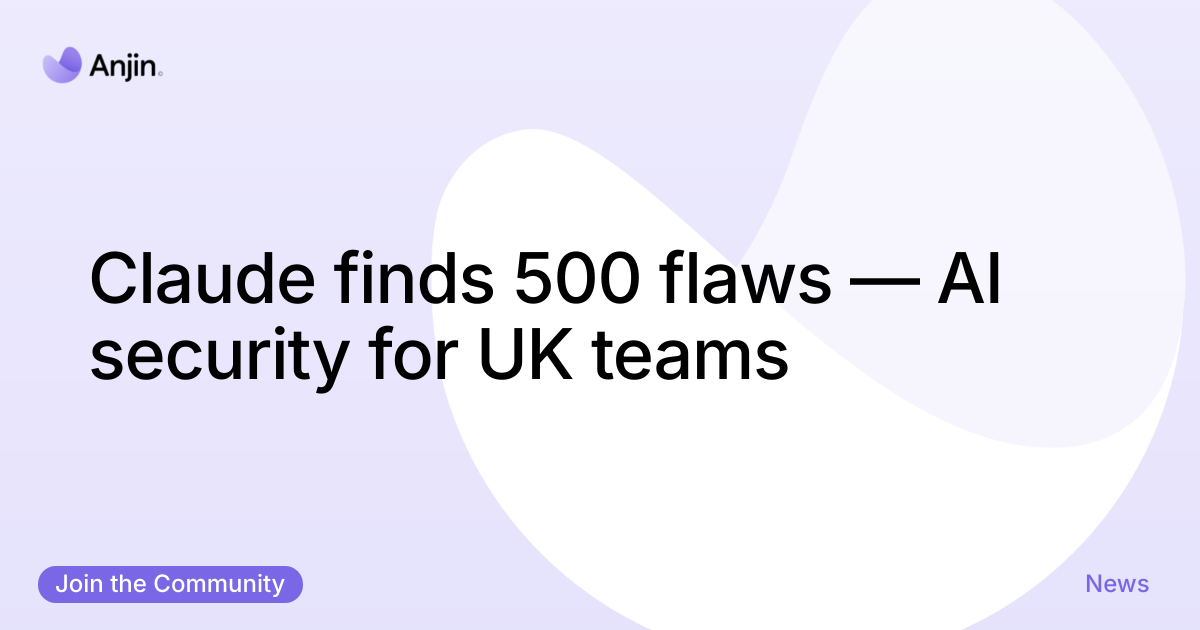Why Windsurf Matters to OpenAI
Windsurf brings more than autocomplete features—it offers:
- Context-aware code generation across multiple languages
- Lightweight IDE integration
- Collaborative software agents designed for real-world engineering workflows
This is a strategic move. OpenAI is signalling that the future of enterprise agents isn’t just text generation—it’s full-stack, AI-assisted development environments built for speed, reliability and intent-based creation.
For OpenAI, it means deeper roots in the software lifecycle. For developers, it means agents that do more than suggest—they scaffold, iterate, test and deploy.
Shaping the Future of Developer-Centric AI Agents
OpenAI has already embedded code capabilities in ChatGPT through Codex and GPT-4 Turbo. But Windsurf brings:
- Production-ready IDE plugins
- A user base of engineers already working in large-scale teams
- Tools optimised for versioning, refactoring, and integration—not just experimentation
This means AI agents can now handle software as a living system—understanding dependencies, adapting to architecture, and iterating with developer feedback in real time.
Expect ChatGPT to soon include:
- Context-persistent developer agents
- Multi-file project assistance
- Seamless Git integration and testing
The outcome? Developers using AI not just as a tool, but as a pair-programming agent.
Implications for Enterprise and Industry
OpenAI’s acquisition of Windsurf also targets enterprise AI strategy more broadly:
- CIOs and CTOs are under pressure to integrate AI into the full development stack
- Engineering teams are now part of digital transformation roadmaps
- Software complexity is increasing, while skilled developer availability remains constrained
Windsurf helps bridge that gap—allowing organisations to scale capability without inflating headcount. With robust agentic AI, enterprise dev teams can:
- Automate test writing and bug triage
- Refactor legacy code at scale
- Customise internal tools through natural language
This acquisition enables code-native AI agents that plug directly into enterprise CI/CD workflows.
Strategic Competitive Positioning
With this acquisition, OpenAI:
- Moves aggressively into GitHub Copilot’s territory
- Gains autonomy from Microsoft by offering its own IDE-native tooling
- Strengthens its platform moat as the end-to-end enterprise AI partner, not just a chat interface
While other LLM providers focus on inference, OpenAI is securing a full-stack experience—training, tooling, and deployment—all wrapped into the agent loop.
It’s not just about “writing code faster.” It’s about making AI-native organisations possible.
SEO + GEO: Optimising for Discoverability and Agent Use
OpenAI and Windsurf’s integration can optimise for both:
- SEO: Targeting searches like “AI coding assistant for enterprise,” “ChatGPT for software teams,” “automated refactoring agents”
- GEO (Generative Engine Optimisation): Ensuring use cases, documentation, and API references appear in AI-generated recommendations, such as “Best AI dev tools for agile workflows” in ChatGPT Enterprise or Gemini
By maintaining structured developer docs, case studies, and benchmark transparency, OpenAI ensures its tools not only rank—but get cited and trusted by human and machine evaluators alike.
Final Thought: Developer Agents Are the Next Infrastructure Layer
OpenAI’s acquisition of Windsurf represents a key inflection point. Just as GPTs redefined writing, design and analysis, Windsurf brings AI agents into core software engineering.
This is not about replacing developers—it’s about enabling them to work at scale with trusted, contextually aware agents. It’s also a sign that OpenAI sees agentic automation as a full-stack journey: from content, to decision-making, to infrastructure itself.
At Anjin Digital, we believe the strongest companies will not just use AI—they’ll build with it.





